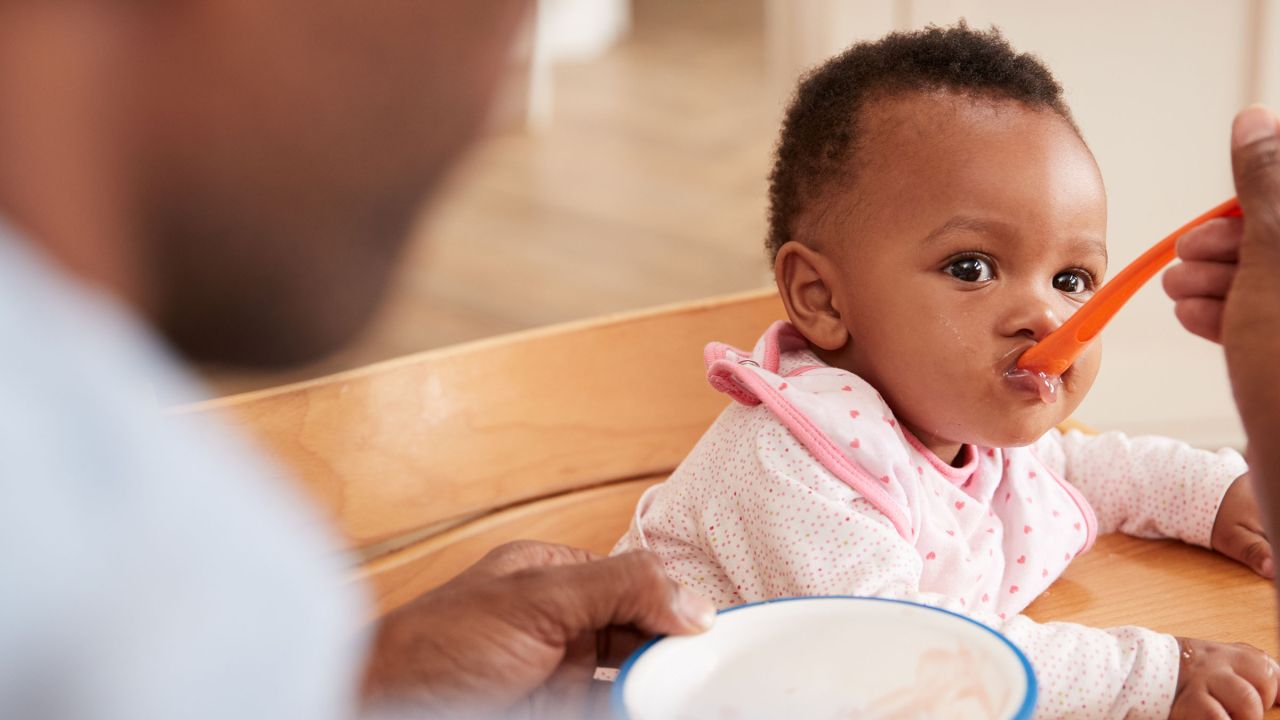
EWG’s first major break was born through radical team coordination – the science was all there to show that kids’ growing bodies are exposed to too many harmful chemicals, which affect them in a way that’s different from the way they harm the adult body.
EWG’s goal was to set the preconditions for urgency – in this case, strategically choosing how to focus the scientific investigation and unveil its results – and then do the advocacy work needed to move markets and influence legislation. They hired publicists from the world of political campaigns, people who understood a rapid response cadence, how to drive a news cycle and how to create a media firestorm.
And that’s exactly what they did.
The press conference called to talk about pesticides in baby’s food did not look like a science lecture; it looked like a television commercial: Jars of baby food lined the podium, recognizable brands that the journalists covering the event had undoubtedly fed to their own children. For its work on pesticides, EWG had tested baby food first, because it understood that would be the headline you couldn’t look away from. The story would set the stage for the urgent advocacy ahead.
And it worked. Two years after EWG’s pesticides in kids report, Congress passed the Food Quality Protection Act by unanimous consent, the first time the Environmental Protection Agency had set tolerance levels for pesticides in food specifically to protect children. Today we all know it matters what kids eat, and organic baby food is everywhere and affordable.
But as long as EWG can continue to improve public health outcomes, they aren’t done. Knowledge isn’t enough to protect kids. EWG is still finding new ways to ensure children have the best chance at a healthy future – moving on to demand the removal of glyphosate from food, explaining the link between these neurotoxins and cancer, Alzheimer’s and other debilitating conditions. They were still making sure policymakers and parents alike knew the dangers and were prepared to take action – and that’s exactly what manufacturers did in 2020, blocking the purchase of oat crops sprayed with glyphosate, and dealing a death blow to the use of the chemical.